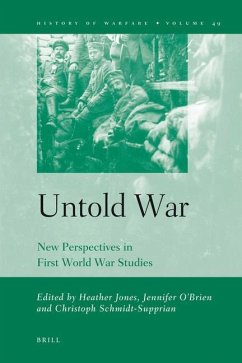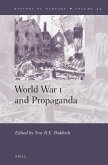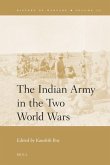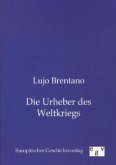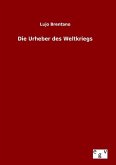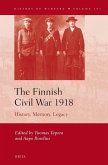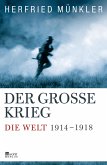Complex, brutal and challenging, the First World War continues to inspire dynamic research and debate. The third volume to emerge from the pioneering work of the International Society for First World War Studies, this collection of new essays reveals just how plural the conflict actually was - its totalizing tendencies are shown here to have paradoxically produced diversity, innovation and difference, as much as they also gave rise to certain similarities across wartime societies. Exploring the nature of this 'plural war,' the contributions to this volume cover diverse themes such as combat, occupation, civic identity, juvenile delinquency, chaplains, art and remembrance, across a wide range of societies, including Germany, France, Britain, German colonial Africa, Belgium and Romania. With chapters on both military and cultural history, this book highlights how the first total war of the twentieth century changed social, cultural and military perceptions to an untold extent.
Contributors: Alan Kramer, Dan Todman, Claudia Siebrecht, Vanessa Ther, Jan Vermeiren, Wencke Meteling, Daniel Steinbach, Aurore François, Edward Madigan, Catriona Pennell, François Bouloc, Sonja Müller, Joëlle Beurier, Lisa Mayerhofer, Heather Jones, Christoph Schmidt-Supprian, Jennifer O'Brien.
Hinweis: Dieser Artikel kann nur an eine deutsche Lieferadresse ausgeliefert werden.
Contributors: Alan Kramer, Dan Todman, Claudia Siebrecht, Vanessa Ther, Jan Vermeiren, Wencke Meteling, Daniel Steinbach, Aurore François, Edward Madigan, Catriona Pennell, François Bouloc, Sonja Müller, Joëlle Beurier, Lisa Mayerhofer, Heather Jones, Christoph Schmidt-Supprian, Jennifer O'Brien.
Hinweis: Dieser Artikel kann nur an eine deutsche Lieferadresse ausgeliefert werden.

